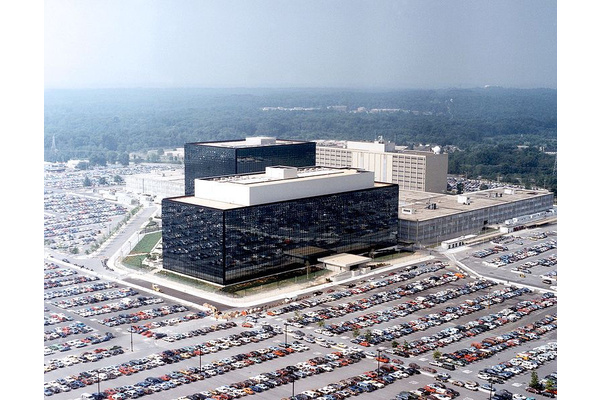
Since the NSA revelations began there has been considerable confusion among Internet users - in America and worldwide - about exactly what is happening to their data. Some of the earliest reports suggested that the NSA has direct access to servers at companies like Google and could come and go as they pleased for users' information.
Google, and others, almost immediately denied that allegation outright and petitioned the U.S. administration to loosen rules on disclosing the types of government requests it gets. While they eventually were permitted to issue figures in transparency reports, they were not allowed to differentiate between them, which means that they could not separate national security requests from, for example, law enforcement requests for data related to missing persons.
This only continued the confusion and led to the misreporting that the NSA was behind 100% of all the data requests revealed by the tech companies.
Google, Microsoft, Facebook, Yahoo, Apple and AOL have written a letter to Congress asking it to do more to make surveillance and government requests more transparent, as well as protecting the privacy of Internet users.
Here is the letter (as published publicly by Mashable)
"October 31, 2013
The Honorable Patrick J. Leahy Chairman, Committee on the Judiciary United States Senate 224 Dirksen Senate Office Building Washington, DC 20510
The Honorable Michael S. Lee Member, Committee on the Judiciary United States Senate 316 Hart Senate Office Building Washington, DC 20510
The Honorable John Conyers, Jr. Ranking Member, Committee on the Judiciary U.S. House of Representatives 2138 Rayburn House Office Building Washington, DC 20515
The Honorable Frank James Sensenbrenner, Jr. Member, Committee on the Judiciary U.S. House of Representatives 2449 Rayburn House Office Building Washington, DC 20510
Dear Messrs. Chairman, Ranking Members and Members:
As companies whose services are used by hundreds of millions of people around the world, we welcome the debate about how to protect both national security and privacy interests and we applaud the sponsors of the USA Freedom Act for making an important contribution to this discussion. Recent disclosures regarding surveillance activity raise important concerns both in the United States and abroad. The volume and complexity of the information that has been disclosed in recent months has created significant confusion here and around the world, making it more difficult to identify appropriate policy prescriptions. Our companies have consistently made clear that we only respond to legal demands for customer and user information that are targeted and specific. Allowing companies to be transparent about the number and nature of requests will help the public better understand the facts about the government's authority to compel technology companies to disclose user data and how technology companies respond to the targeted legal demands we receive. Transparency in this regard will also help to counter erroneous reports that we permit intelligence agencies "direct access‚" to our companies' servers or that we are participants in a bulk Internet records collection program.
Transparency is a critical first step to an informed public debate, but it is clear that more needs to be done. Our companies believe that government surveillance practices should also be reformed to include substantial enhancements to privacy protections and appropriate oversight and accountability mechanisms for those programs. We also continue to encourage the Administration to increase its transparency efforts and allow us to release more information about the number and types of requests that we receive, so that the public debate on these issues can be informed by facts about how these programs operate. We urge the Administration to work with Congress in addressing these critical reforms that would provide much needed transparency and help rebuild the trust of Internet users around the world. We look forward to working with you, the co-sponsors of your bills, and other members on legislation that takes into account the need of governments to keep individuals around the world safe as well as the legitimate privacy interests of our users around the world."
Written by: James Delahunty @ 2 Nov 2013 4:18
